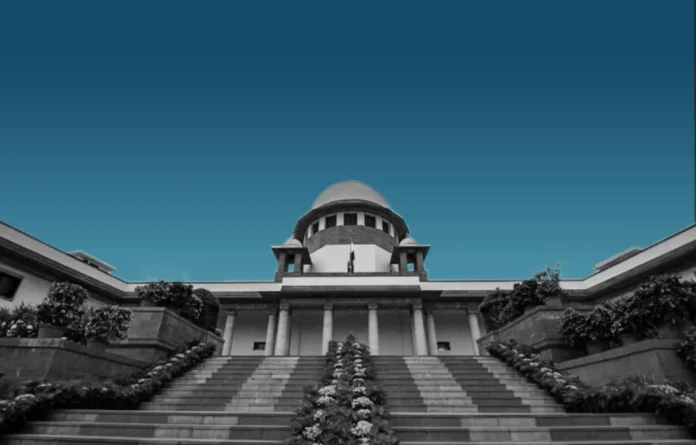The Supreme Court on Wednesday expressed its strong displeasure over the Haryana Police’s Special Investigation Team (SIT), constituted to probe the social media comments of Ashoka University Professor Ali Khan Mahmudabad on ‘Operation Sindoor,’ expanding the scope of investigation on its own.
The Bench of Justice Surya Kant and Justice Joymalya Bagchi asked Additional Solicitor General SV Raju, appearing for the State, as to why the SIT was ‘misdirecting’ itself.
Senior Advocate Kapil Sibal, appearing for Mahmudabad, apprised the Court that the SIT had seized Mahmudabad’s devices and was asking about foreign trips for the last 10 years.
On May 28, 2025, the Apex Court had directed the SIT to confine its probe to the contents of social media posts, Sibal pointed out.
Noting that the SIT was constituted specifically to understand the true meaning of social media posts and ascertain whether they constituted any offence, the Apex Court asked the ASG to explain the purpose behind seizing the petitioner’s devices.
The top court of the country further said that it would call the officers in question.
The ASG submitted that all incriminating aspects had to be examined. It was the prerogative of the Investigating Officer (IO) to decide as to how the probe should be conducted, he added.
Sibal responded by saying that there could not be a ‘roving’ enquiry. He pointed out that the petitioner was summoned four times.
The Apex Court took into consideration the interim report submitted by the SIT, which acknowledged that the petitioner’s electronic devices were seized during the investigation and sent for forensic examination.
Noting that the petitioner had cooperated with the investigation and surrendered his devices, the Bench directed that he should not be summoned again.
The Apex Court remarked that the SIT did not require the petitioner, but a dictionary.
Recalling its May 28 order, the top court of the country directed the SIT to conclude the investigation within four weeks.
It also clarified that the conditions imposed while granting interim bail only restrained the petitioner from commenting on the sub-judice issues. He was free to write or express opinions on other topics.


